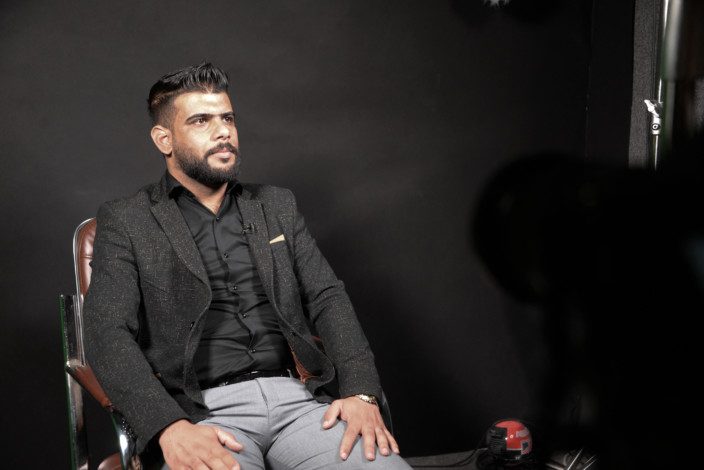Many reporters throughout their career will have to interview victims of traumatic events such as wars, natural disasters, physical or moral abuse, which may feel awkward and even take an emotional toll on them. This article provides tips for journalists on how to interview survivors of traumatic events in the most effective and careful way possible.
In order not to exacerbate the trauma already experienced by the victim, the journalist should first of all demonstrate empathy during the interview. Everybody reacts to and copes with trauma differently: survivors may cry, laugh, or be emotionless.
Some survivors may be reluctant to talk to reporters, struggle to tell their stories, or on the contrary be eager to share their accounts as a way of processing trauma and publicising their experiences. Trauma can also impact a person’s memory because of the fear or confusion they experienced.
Despite the harshness of the testimony, the journalist must keep in mind that the accuracy of the testimony may be altered by the trauma experienced by the survivor.
Four principles for a safe and respectful interview:
- Ensure safety for both sides. Journalists should choose an environment where the survivor feels safe and comfortable. Journalists should let the survivor decide what they want to share and allow frequent breaks if necessary. It is possible that interviewees may become hostile during the interview, so reporters should also explain that they can end the interview at any time, and ensure that there are clear exit routes at the meeting place.
- Clearly explain the components of the interview. Before the interview begins, journalists should clearly state to the interviewee: who exactly will be present during the interview, so that the survivor feels secure about sharing their story; where their story will be shared and how they will be identified, so that the survivor understands the potential consequences of its publication; the fact that they will not have a final say before the publication of the coverage. Journalists should also ask permission to take notes or record the interview.
- Use a fact-based approach. Journalists should primarily ask questions about what exactly happened rather than how the survivor felt about the situation. This allows people to share their story on their own terms, while reducing the possibility of re-traumatising them. Journalists should make time to ask about important details or clarify facts.
- Keep an emotional distance. Becoming emotionally invested in someone else’s story may impact a reporter’s ability to tell it. Moreover, what may be intended as a sympathetic response during an interview, such as trying to hug the survivor, could be misinterpreted or result in re-traumatisation. Keeping an emotional distance from the subject is essential for accurate storytelling.



